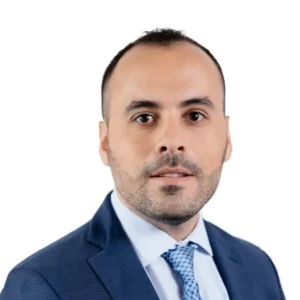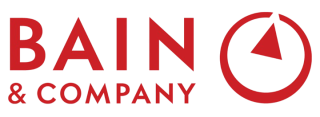Hey everyone - preparing for Bain interviews and from conversations with a few friends who have gone through the process last year, it appears Bain interviews do take on some elements of being "interviewer led", e.g. for cases where the focus is on one specific issue / requires a deep dive on one branch of the expected issue tree. Can anyone who has gone through their process within the last 2 years verify or comment on this?
Also, if anyone is preparing for Bain, feel free to drop me a msg if you would like to practice.
Cheers.












